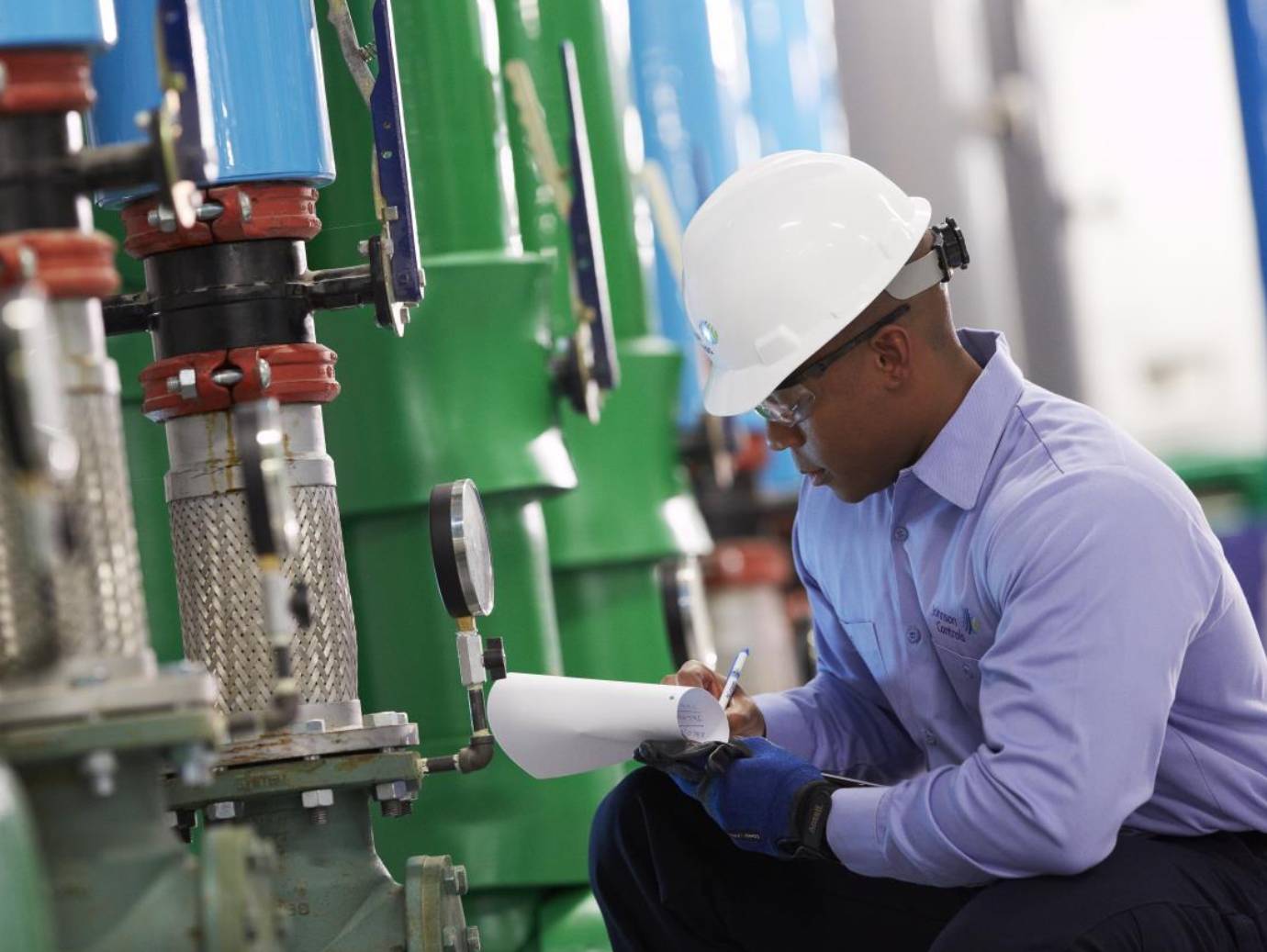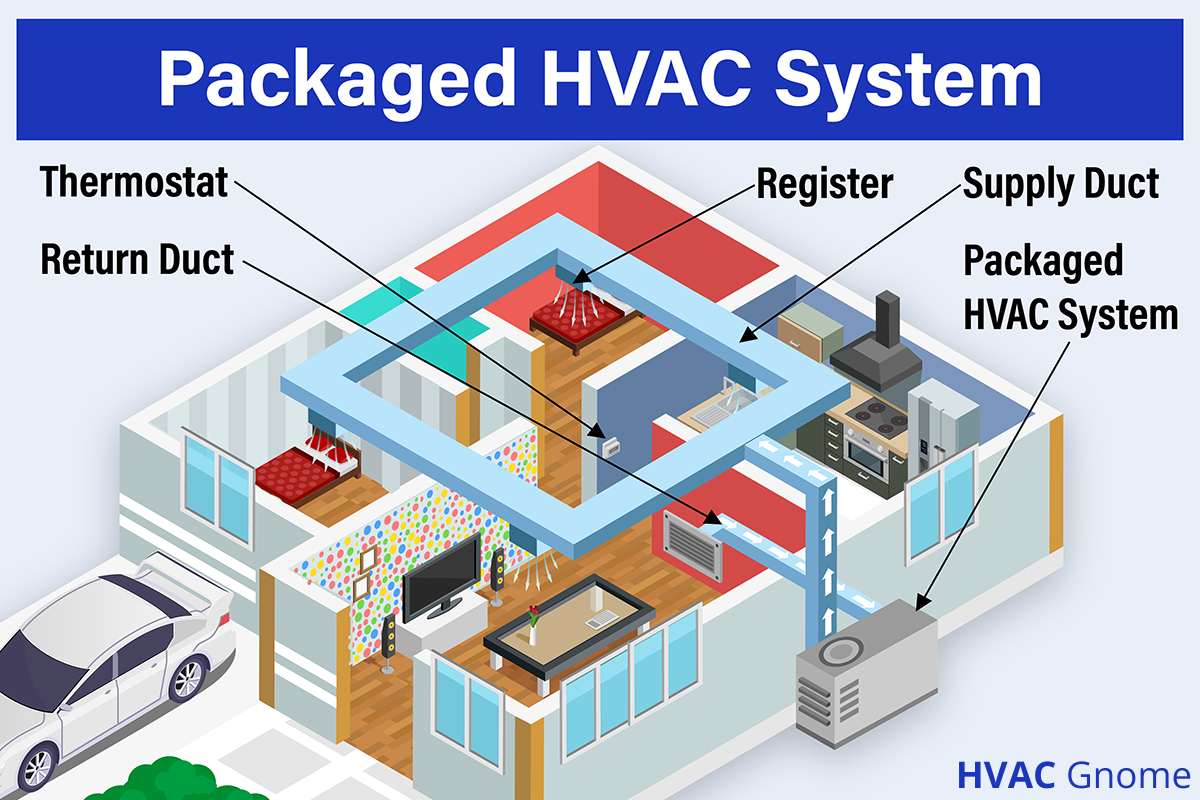Trusted Air Conditioning Contractor for Your Cooling Needs
Trusted Air Conditioning Contractor for Your Cooling Needs
Blog Article
A Thorough Look at Cooling And Heating Providers and Their Influence On Energy Performance and Expense Savings
With technological advancements like clever thermostats and high-efficiency elements, the capacity for maximizing system efficiency is huge. As we check out the elaborate relationship in between Cooling and heating systems and functional costs, consisting of the change towards environmentally pleasant choices, the question emerges: exactly how can these approaches be effectively applied to maximize both ecological and financial benefits?

Relevance of Cooling And Heating Equipments
heating and cooling systems are a vital element of contemporary structures, playing an essential duty in keeping comfy and healthy interior atmospheres. These systems, incorporating home heating, air, and ventilation conditioning, are crucial for controling temperature, humidity, and air quality, thereby guaranteeing the wellness of occupants. Effective heating and cooling systems contribute considerably to developing an optimal interior climate, which is important for both business and residential areas.
In business structures, HVAC systems are indispensable to offering a safe and effective setting. By controlling interior environment conditions, these systems assist avoid the growth of mold and mildew and the spread of airborne pollutants, therefore safeguarding the health and wellness of employees and customers. Furthermore, in domestic setups, a/c systems enhance living problems by offering constant thermal convenience and boosting interior air high quality, which is essential for overall health.
Moreover, the style and upkeep of cooling and heating systems have a straight influence on energy consumption and functional expenses. Appropriately designed and preserved systems can significantly minimize power use, leading to decreased energy costs and a smaller carbon footprint. The effectiveness of these systems therefore plays a critical role in promoting sustainability and energy preservation within buildings, highlighting their value in the contemporary building landscape.
Advancements in Heating And Cooling Innovation
Technology in heating and cooling innovation is reinventing the means structures handle interior climates, introducing a new age of effectiveness and control. Recent developments have concentrated on optimizing power usage while boosting customer convenience. One significant development is the integration of smart thermostats, which make use of fabricated intelligence to learn tenancy patterns and change temperatures accordingly, lowering unneeded power usage.
Variable Cooling Agent Flow (VRF) systems represent another substantial leap forward. These systems permit accurate temperature level control in various areas of a structure, improving comfort and lowering energy waste. VRF technology is specifically valuable for big industrial rooms, providing flexibility and scalability.
Additionally, the advent of Net of Things (IoT) tools has changed cooling and heating systems into interconnected networks efficient in real-time data collection and evaluation. This connectivity makes it possible for predictive maintenance, making certain systems operate at peak efficiency and minimizing unanticipated downtime.
Additionally, advancements in products and style, such as making use of high-efficiency coils and compressors, have boosted general system efficiency - Heating Contractor. The fostering of eco-friendly refrigerants likewise underscores the sector's commitment to sustainability
These technical developments are essential in decreasing functional expenses and environmental impact, setting brand-new criteria for developing environment management.
Cooling And Heating Maintenance and Performance
Guaranteeing ideal efficiency of HVAC systems prolongs past technical advancements; it additionally hinges on effective maintenance methods. Normal maintenance is vital for maintaining effectiveness, lowering power consumption, and extending the life period of HVAC systems. The primary goal is to guarantee that all parts operate at their peak potential, thus lessening power waste and preserving constant indoor comfort levels.
Routine upkeep jobs, such as cleansing or replacing air filters, inspecting cooling agent degrees, and checking ductwork for leaks, are essential for avoiding unnecessary strain on the system. Dirty or blocked filters can obstruct airflow, creating the system to work tougher and eat even more energy. Similarly, poor cooling agent levels can reduce cooling down performance, bring about greater functional costs.
In addition, regular assessments by certified specialists can determine prospective concerns prior to they escalate right into expensive repair work or system failures. These inspections often consist of checking electrical links, calibrating thermostats, and making sure the total honesty of the a/c system. By addressing minor problems early, homeowners and businesses can prevent unexpected failures and enhance power efficiency.
Cost-efficient Heating And Cooling Solutions
For those looking to get one of the most out of their air, home heating, and ventilation conditioning systems without damaging the bank, checking out cost-effective a/c remedies can make a significant distinction. One prompt measure is to buy programmable thermostats, which allow individuals to establish details temperatures for different times of the day, maximizing power use and decreasing unnecessary usage. By automating temperature level adjustments, property owners can accomplish significant financial savings on power bills.
Routine maintenance is one more important part of cost-effective HVAC management. Ensuring that filters are cleaned or changed regularly, ductwork is sealed, and devices are serviced by specialists can prevent costly repairs and enhance system long life. Precautionary maintenance not only maintains system efficiency yet likewise assists in avoiding unanticipated malfunctions that can result in expensive emergency situation repair services.
Additionally, retrofitting existing systems with energy-efficient parts, such as variable rate motors or high-efficiency try this out compressors, can be a sensible investment. These upgrades boost functional efficiency, minimize energy use, and can commonly be executed at a portion of the expense of a complete system substitute.
Ecological Effect Reduction
Reducing the ecological impact of heating and cooling systems is vital in today's pursuit of lasting living. Heating and cooling systems are substantial factors to energy intake, representing nearly 40% of power use in business buildings. This power demand frequently depends on fossil gas, causing greenhouse gas exhausts and environmental deterioration. Transitioning to more effective systems, such as imp source those utilizing renewable resource sources, can significantly alleviate these influences.
Technological advancements in HVAC design and procedure, consisting of the combination of clever thermostats and energy-efficient heatpump, are crucial in minimizing carbon impacts. These developments enable optimized energy usage, lessening waste and improving overall system performance. In addition, taking on routine maintenance practices ensures HVAC systems run at peak performance, additional reducing unnecessary energy intake.
In addition, making use of eco-friendly cooling agents is vital, as traditional refrigerants, like CFCs and HCFCs, have actually been eliminated because of their ozone-depleting buildings. Modern options, such as hydrofluoroolefins (HFOs), offer lowered ecological risks, aligning with worldwide ecological methods. By accepting these lasting methods, heating and cooling solutions can play a transformative function in reducing environmental influences, promoting power efficiency, and cultivating a more lasting future.
Conclusion

In addition, the style and maintenance of Heating and cooling systems have a straight impact on power intake and functional expenses. Normal upkeep is essential for maintaining performance, reducing energy consumption, and extending the life span of A/c systems. HVAC systems are significant contributors to power intake, accounting for virtually 40% of power usage in commercial buildings. Additionally, adopting regular maintenance methods makes certain HVAC systems operate at peak fire and ice heating and cooling efficiency, further stopping unneeded energy usage.
The change to eco friendly A/c systems even more promotes and lowers operational costs sustainability. (Heating Contractor)
Report this page